Strategic cooperation between Hungary and Egypt should be extended beyond politics to economic ties, which would greatly benefit companies on both sides, Hungarian Minister of Foreign Affairs and Trade Peter Szijjarto said in Cairo on Tuesday.
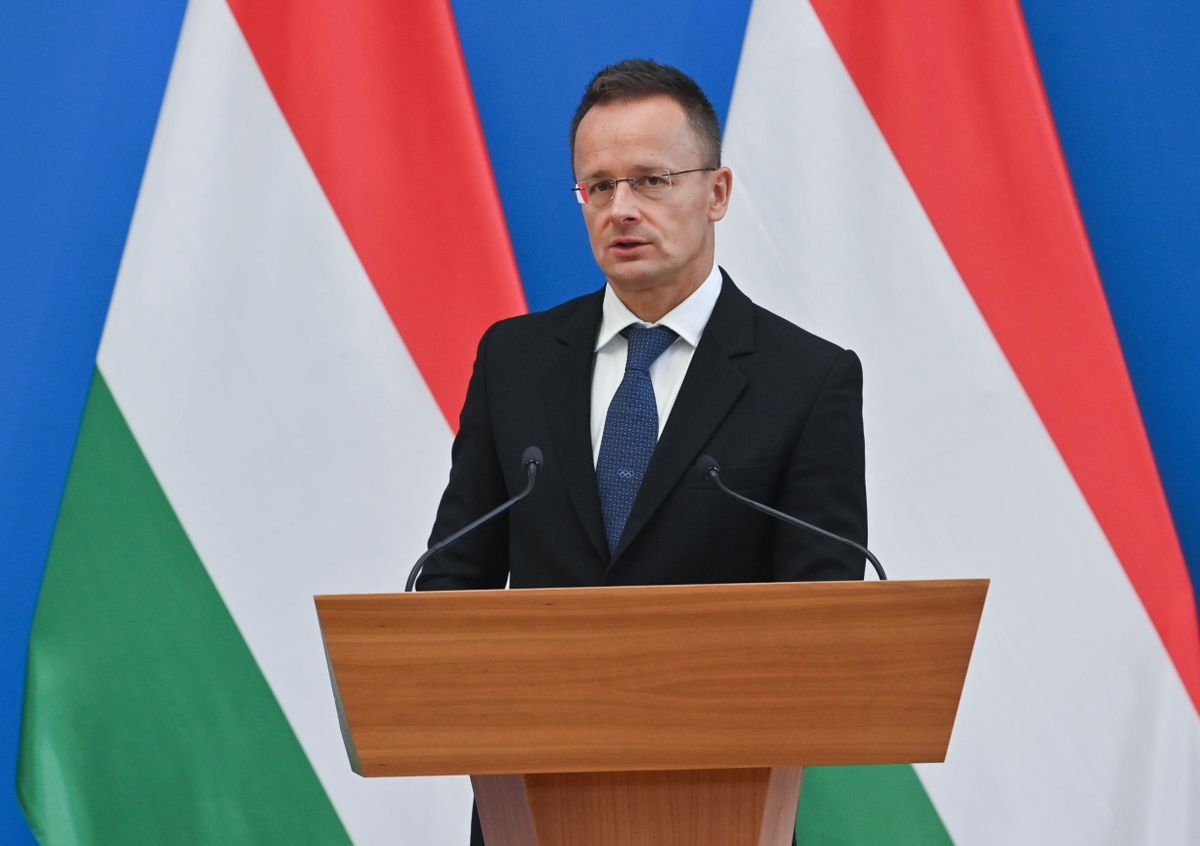
In his address at the Hungarian-Egyptian business forum, the minister pointed out that humanity is currently living in an era of perils, with both countries facing the risks of wars and illegal migration, and in the long term, these challenges could also lead to the formation of blocs in the world anew. Hungary, he said, already lost a lot due to such division during the Cold War, and would be interested in connectivity instead.
"The more connected the world is, the better it is for everyone," he said. He also recalled that the two countries have signed a strategic partnership agreement, which the government does not regard as "empty words, or a communication element", but attaches real importance to it.
It is in our interest to transfer this strategic political relationship to the economic and business field,
he said.
Peter Szijjarto said that all the necessary preconditions for this are now in place. First of all, there are no open political issues that could pose an obstacle to cooperation between companies, and travel connections have been established, with four Egyptian cities currently accessible by direct flights from Budapest, he said. He also touched on relations between people, welcoming the fact that two hundred Egyptian students can study at Hungarian universities on scholarships every year, and that they will hopefully be able to promote relations between the two countries once they return home. He underlined that the removal of barriers to trade has been successful, because if this were not the case, bilateral trade turnover would not have increased one and a half times in ten years.
Bilateral trade reached 240 million euros last year, he said, adding that there is still plenty of potential for growth. He also stressed that Hungarian-Egyptian relations are characterized by mutual respect and trust.
Hungary being a small country needs to consider carefully which sectors to place in the focus of development in order to be globally competitive, the minister said, pointing out that the companies accompanying him to Cairo represent these sectors: information technology, automotive industry, pharmaceutical industry, agriculture, food industry, water management, security printing, and wood industry. He expressed hope that the 23 Hungarian business leaders will be able to reach an agreement on enhancing ties during their more than 230 meetings to be held with the 104 Egyptian partners.
Successful cooperation requires flagship projects and success stories that can be followed by others, he said, highlighting that fortunately there are already some.
He cited as an example that a Hungarian supplier in Dunakeszi, near Budapest, had an order for 1,350 carriages for Egypt's railway company, and the last 374 units are being built now to fulfill the order. He also called it a great achievement that last year Hungary exported around 19 thousand cattle to the North African country. He also mentioned that the Hungarian ICT company 4iG is preparing to lay a data cable between Albania and Egypt, and another infrastructure development project by the firm is afoot to provide internet access to six million local households. In addition, a major irrigation project is being prepared to help Egypt improve its efficiency in agriculture.
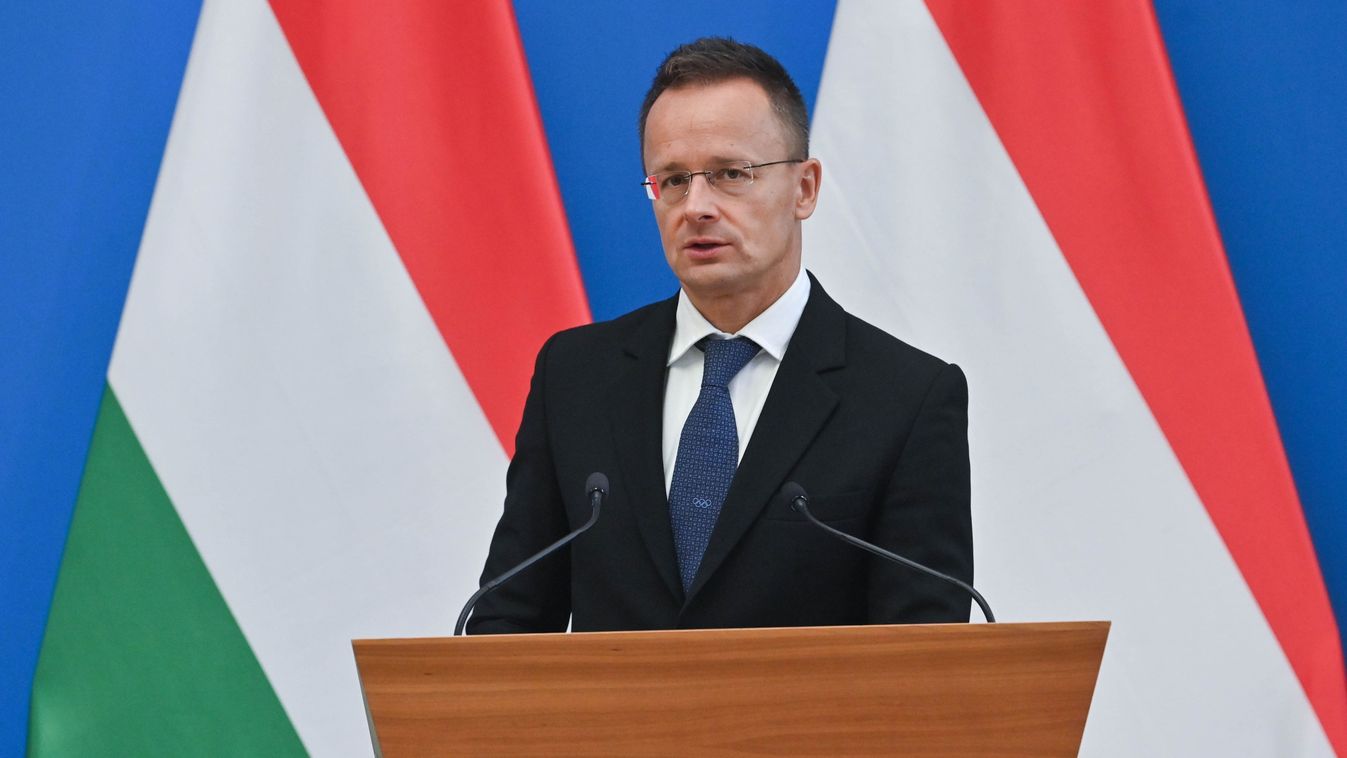
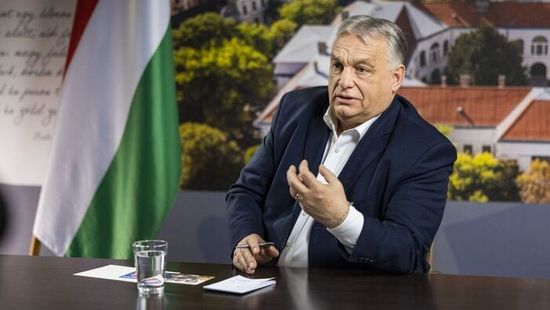







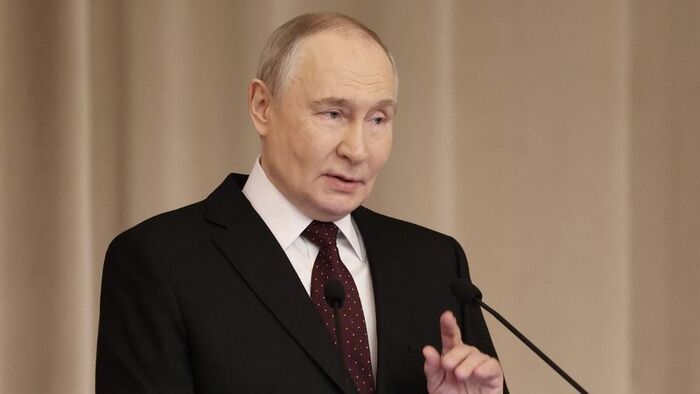


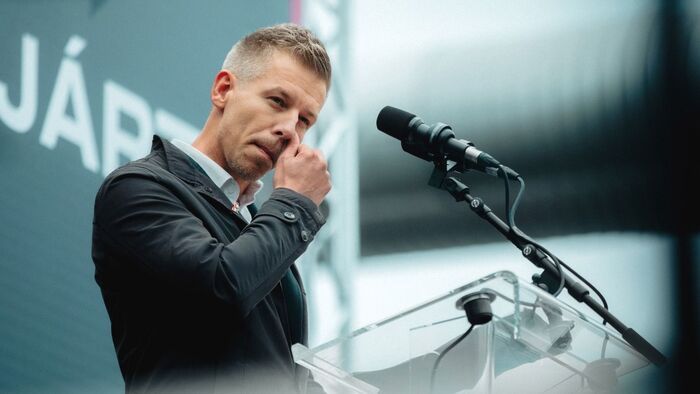
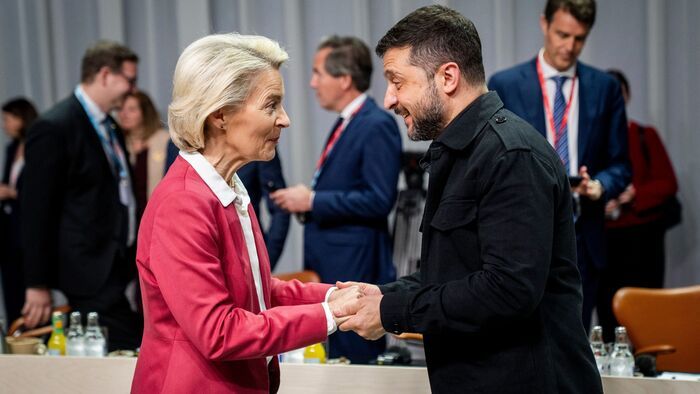
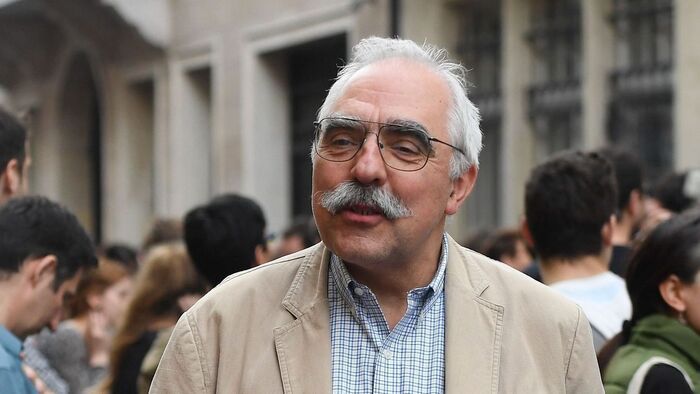
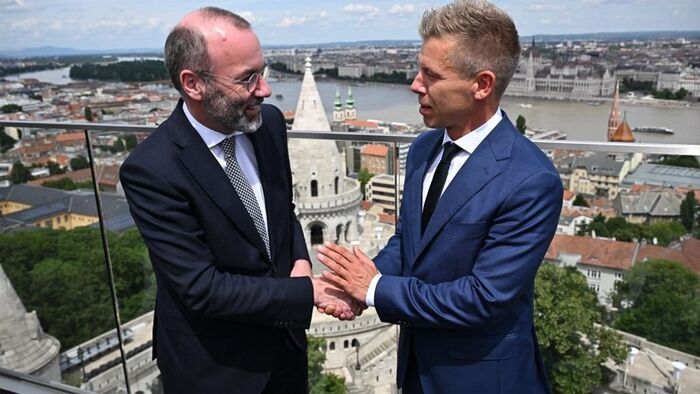

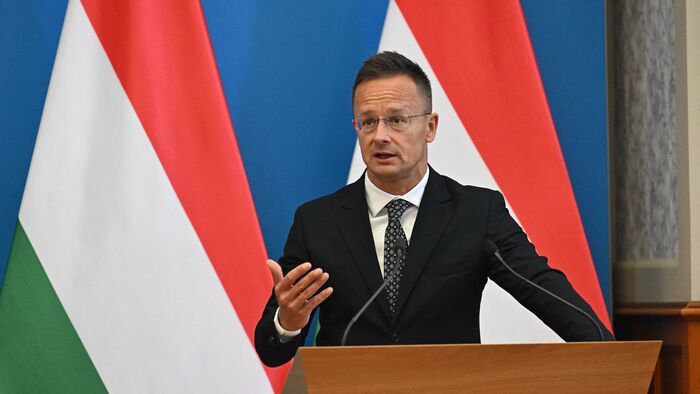



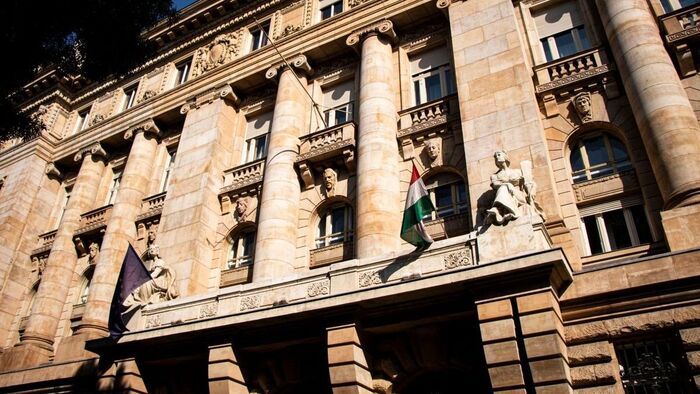

Szóljon hozzá!
Jelenleg csak a hozzászólások egy kis részét látja. Hozzászóláshoz és a további kommentek megtekintéséhez lépjen be, vagy regisztráljon!